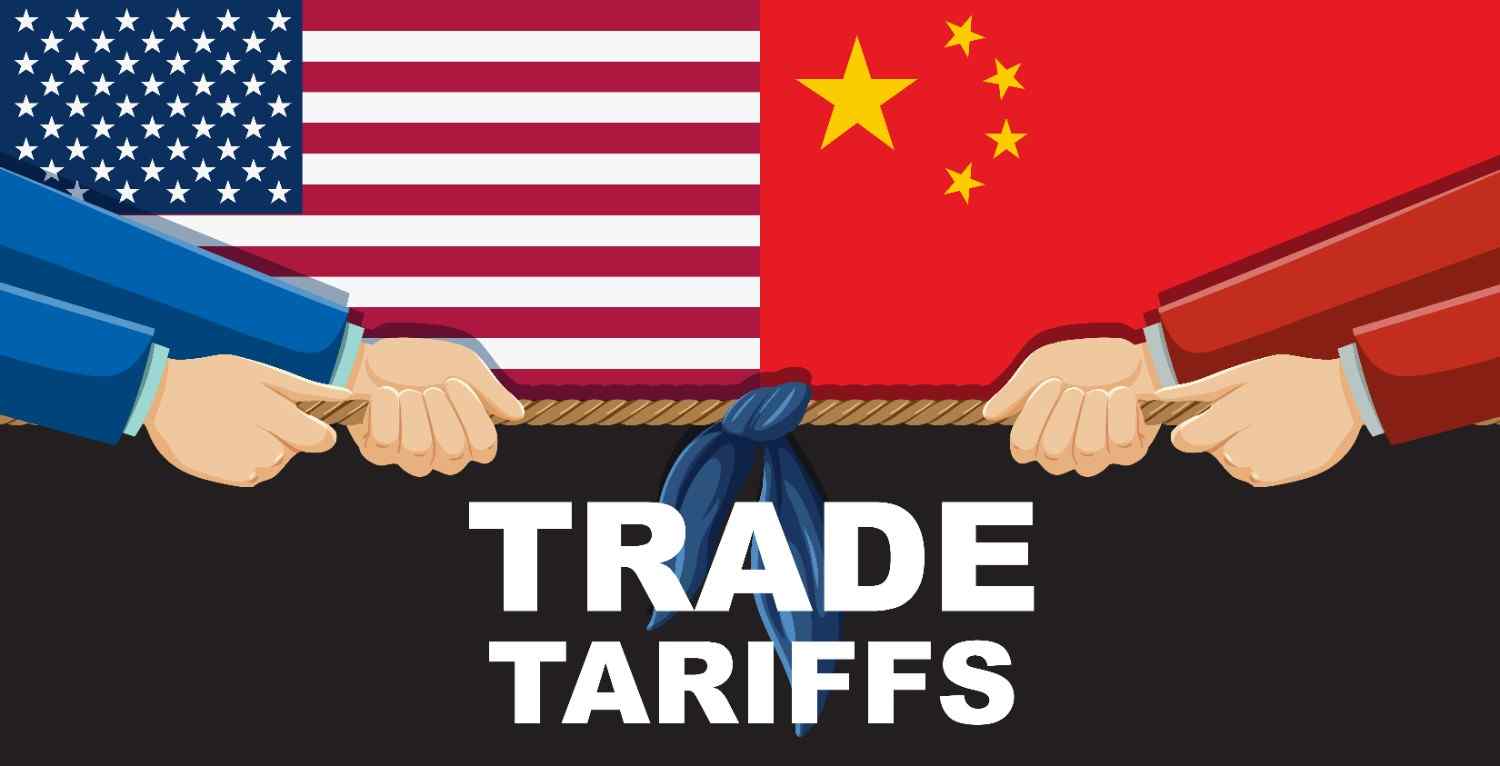There has been a seismic reshaping of trade worldwide in recent years, fueled by competition between the United States and China over technology. This phenomenon, sometimes dubbed "The Great Decoupling," is about the long-term divergence of the US and Chinese tech industries. It transforms how businesses work, countries trade, and technology develops globally.
The United States and China have enjoyed robust economic relations for decades. American firms received cheap products made in China, and the US provided technology and investment to China. However, political frictions, national security anxiety, and competition in such nascent technologies as artificial intelligence (AI), 5G, and semiconductors have prompted both nations to reconsider this close partnership.
Why the Decoupling is Happening
The competitive pursuit of technological leadership is the central force driving this decoupling. The US government has expressed concerns that China's fast technological progress could be a national security risk. Chinese companies such as Huawei, for instance, have been banned from receiving access to American technology over fears their products could be used for espionage.
China, on the other hand, is interested in becoming more self-sufficient in some critical tech fields. Meanwhile, the Chinese state is pumping cash into semiconductor fabrication, new AI systems and renewable energy to wean itself off foreign suppliers. This race for technological self-reliance is spurring both countries to build separate supply chains.
Impact on Global Trade
The US-China tech feud is reshaping the world in some zombie comment other zombie comment global trade in several ways:
Supply Chain Shifts: Many businesses are trying to diversify their supply chains so they do not remain too dependent on the US or China. Nations including Vietnam, India and Mexico are turning into significant manufacturing centres as businesses seek other options.
Greater Expenses: Decoupling can lead to higher expenses for businesses and consumers. Ideally, she said, a company should give itself options by having multiple sources of manufacturing or components. However, producing technology products in different countries or with alternative suppliers can be more expensive because they cannot capture the same efficiency level from one centralized supply chain.
Trade blocks: Decoupling creates an increase in the number of trade deals. Asian and European countries, for example, are deepening trade relationships to guard against losing access to vital technologies.
Race to Innovate: Competing can be challenging, but it will inspire innovation. The US and China are playing fast and loose with AI, quantum computing, and 5G technology, which could have long-term benefits for consumers and businesses.
Challenges for Businesses
Businesses are in the middle of the crossfire between the US and China. To remain successful, multinationals need to work within the constraints of trade barriers, tariffs and export controls. Start-ups and smaller companies could have a tougher time gaining access to the newest technologies, slowing innovation.
And businesses need to plan which markets to sell in, where to produce, and how to safeguard patents. The Great Decoupling is no longer just a story about geopolitics, but also an issue that directly touches how companies do business and compete worldwide.
Looking Ahead
This Great Decoupling is projected to persist for a decade and has nothing to do with the coronavirus. Complete decoupling is improbable, between the tech sectors of the US and China (though toward home-grown solutions, diversified supply chains and regional trade partnerships, this trend will continue to shape world trade. Nations and companies that do so faster are more likely to be able to capitalize on the new economic order.
Wrapping up
The US-China tech war is more than a political skirmish; it redirects the global economy. Businesses, governments and consumers must grapple with its implications — and some should prepare for a world where technology is split between two closely linked economic blocs.
-black.png)










